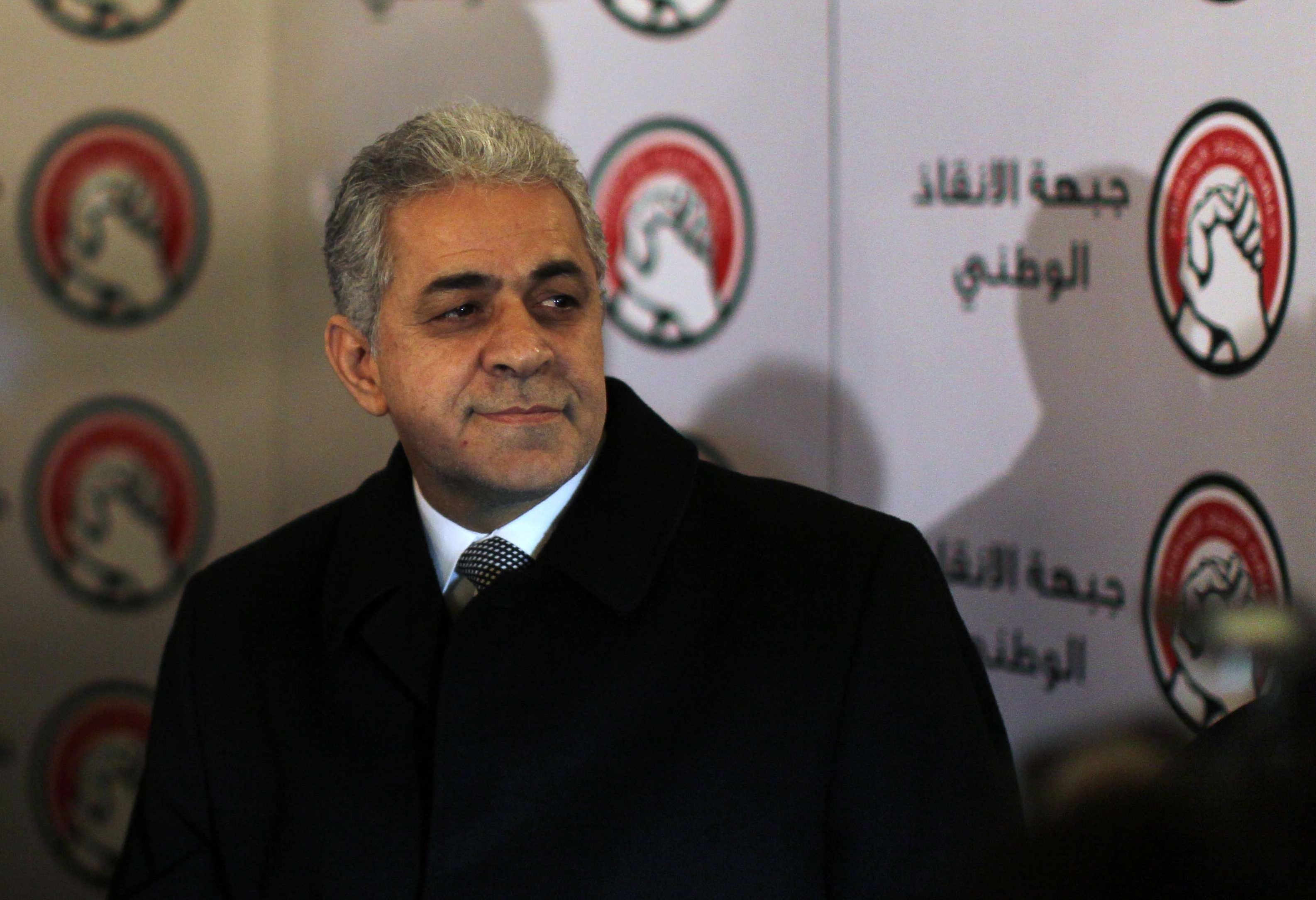CAIRO: Water scarcity in Arab countries is becoming more of a cause for concern as more people in the region face uncertain access to potable water as well as sanitation and sewage services.
Arab League Secretary General Amr Moussa said during a conference Monday, “This issue constitutes a threat to the near-term future of this region . we must work and cooperate to face this issue quickly.
Amat Al Aleem Ali Alsoswa, assistant secretary-general, assistant administrator of the United Nations Development Programme (UNDP) and director of its Regional Bureau for Arab States, said that much of the region fell short of international standards for water security.
Additionally, the projections for the future indicated that more people in the Arab world would be exposed to this lack of access to vital water facilities, she added.
According to UN and Arab League figures, 15 percent of people in the Arab world don’t have access to potable water. In Yemen the percentage is 32 percent. Furthermore, 30 percent of the region’s population doesn’t have access to sewage and sanitation systems with the biggest ratio in Sudan, where 70 percent of the population doesn’t have access to these services.
The international standard for water access requires 1,000 cubic meters per annum per person, anyone with access to less than that is considered “water insecure.
“Our region according to all reports is suffering from a sharp shortage in water access, the Arab citizen suffers from water poverty, Alsowsa said.
Discussions were held at the “Water and Development in the Arab Region: Challenges and Prospects, a two-day conference that kicked off at the Arab League headquarters in Cairo Monday.
According to UN statistics, there are 1.1 billion people in the developing world who don’t have access to sufficient amounts of water and 2.6 billion people don’t have access to sanitation and sewage services.
Moussa said the Arab League would contact the World Bank and other organizations to organize a global conference to tackle the issue of water scarcity, especially in Jordan, Syria, Lebanon and Egypt.
Moussa also said that the case of the Palestinian territories was included in the league’s consideration of water scarcity, and added that numerous reports had mentioned that Israel was seizing much of the West Bank and the Gaza Strip’s water supply.
“The seizure of this water is without respect for international laws and conventions, he said and refused to be drawn in on whether the Arab League would consider talks with Israeli officials to discuss water security.



